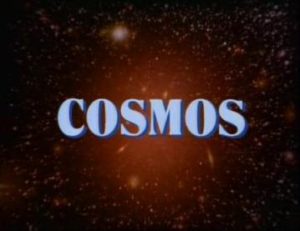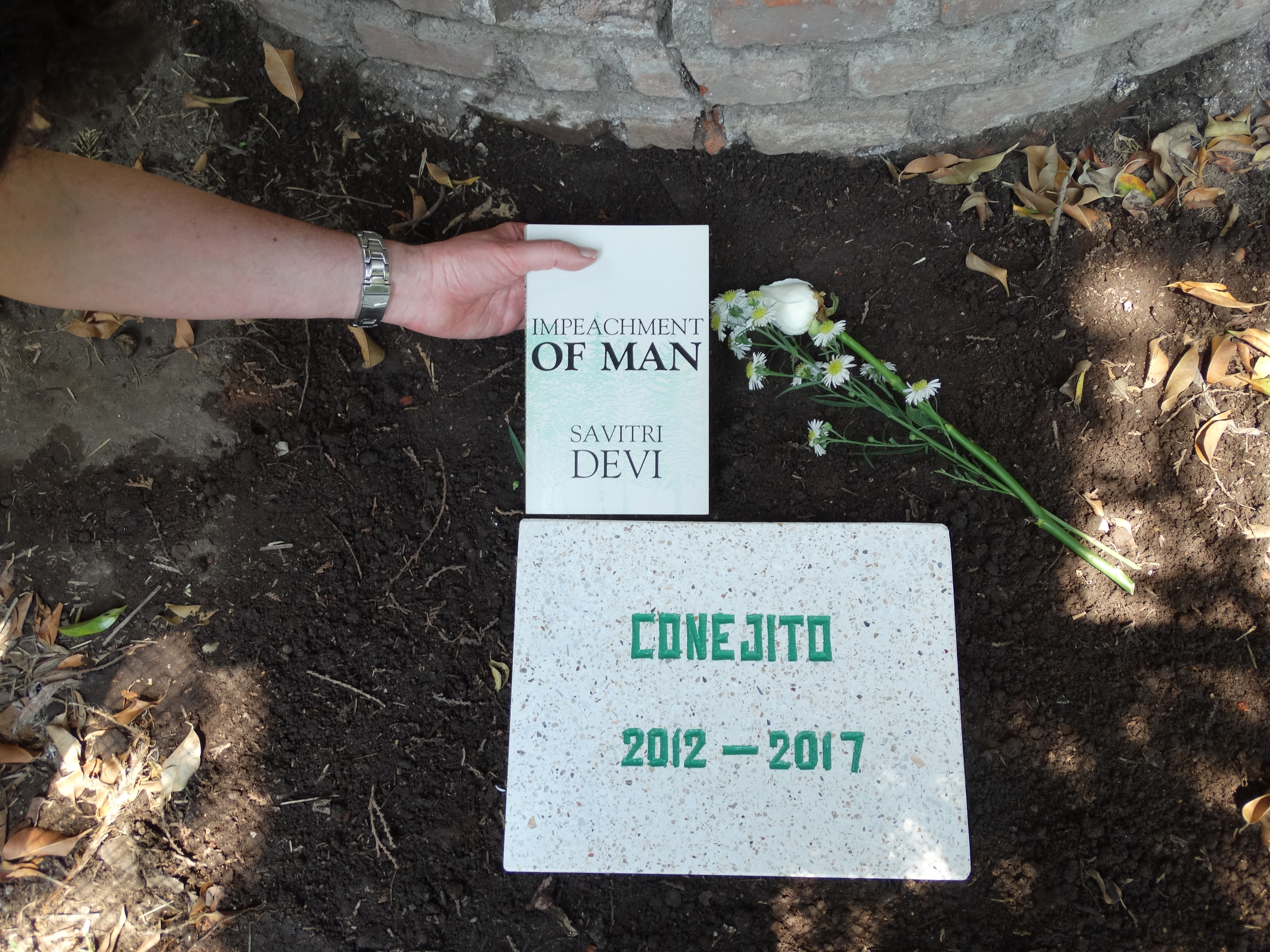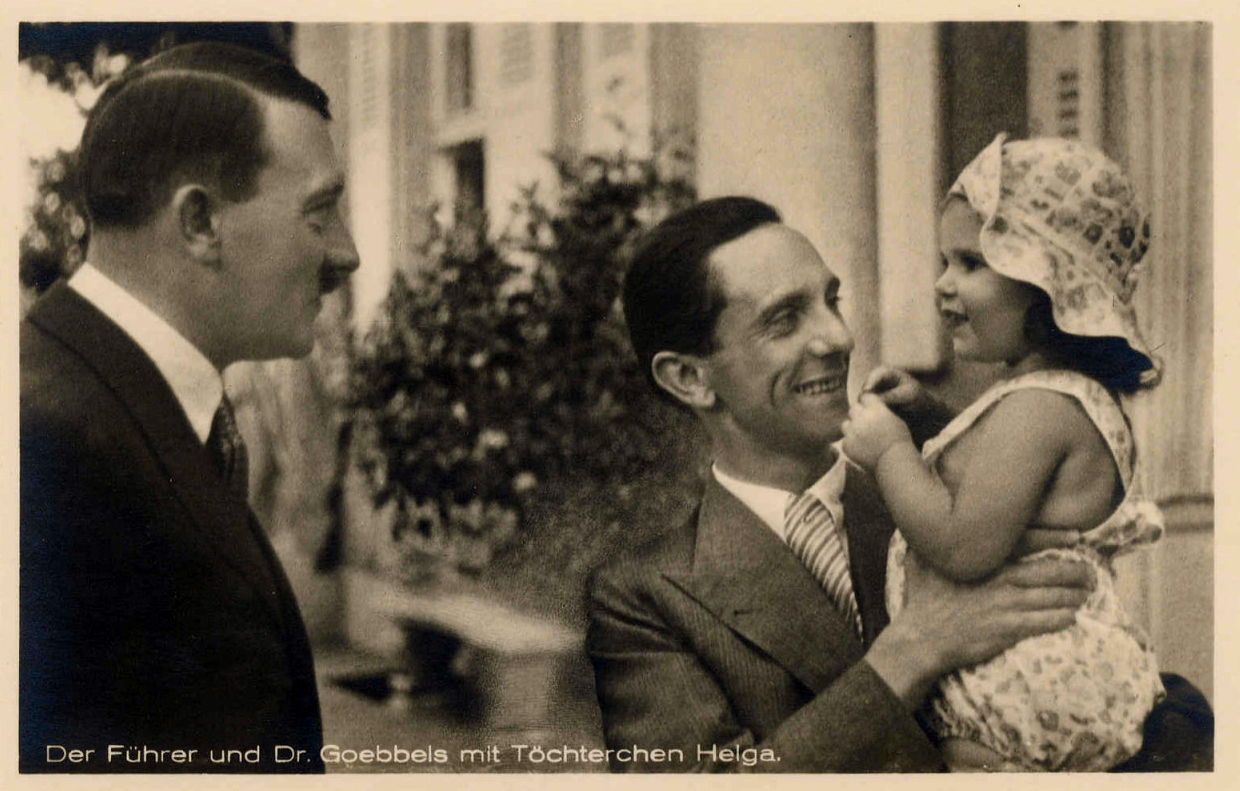
In these hard days for me I’ve tried to distract myself with my favorite television series when I was much younger: the thirty episodes of The Champions and the thirteen of Cosmos by Carl Sagan.
Since I wrote about the former I’ve changed my mind. For example, I now see with respect the efforts of the late Alexandra Bastedo, one of the stars of The Champions, to create an animal sanctuary in West Sussex, England. The Champions was a detective fiction series in the late 1960s, but the anti-Nazi propaganda that appears in at least five episodes was something that I did not give importance to as a child.
The fame of The Champions in the late 1960s and early 70s pales compared to the fame of the series of scientific dissemination Cosmos a decade later. Sagan was of Jewish descent, something I did not know when, at the 1994 conference of the Committee for Skeptical Inquiry in Seattle (known in that year as the Committee for the Scientific Investigation of Claims of the Paranormal) I met him personally and shook his hand. Then I was as liberal as Sagan. Now I am a national socialist, so in my recent revisit to Sagan’s famous series I have new eyes.
In the final episode of Cosmos Sagan could not resist talking about the progress of liberating women, and that a new planetary consciousness was being created (referring in part to liberalism and progressivism). He criticized the ethnocentrism of Plato and Aristotle, who spoke of “the barbarians” when humanity is one for a hypothetical enlightened extraterrestrial. More than once in the series Sagan spoke of slavery as a cancer, sometimes giving the impression that it was the cause of the decline of the Greco-Roman world.
He mentioned the word racism as a bad thing, and in two of his programs they filmed a room with American children of all races: something inconceivable when Sagan was a kid. In Cosmos Sagan chose a negress kid for a lesson during that class of integrated children contemplating photos of the planets. Speaking about humanity in general, he or the producers inserted images of the people of India and colored children while Sagan’s voice in off described the high virtues of mankind: as if the colored were legitimate representatives of the white man’s will to decipher the universe.
There is a more general criticism I can elaborate about Cosmos. Since I loved the series in the early 1980s, when I liked science-fiction and the themes of space, I have changed radically. Now, like Nietzsche, I believe that we must be faithful to the Earth.
Most of Cosmos is an introduction to astronomy. But what good is studying the stars of the firmament when the Aryans, deceived by movie stars, commit ethno-suicide? The science that children and adolescents should know in this dark age should not be Byzantine but relevant. Children, adolescents and young people, as Bastedo saw well, should watch over the well-being of our cousins. In addition, whites must recognize the 14 words. Arthur Kemp summed up very well what the focus of knowledge should be on a Red Ice TV interview. The focus must be on history, more specifically, on how interbreeding has been the nemesis of the West throughout the millennia.
When I finished seeing Cosmos in my mature age it occurred to me that, if I had a young son, I would edit it by censuring not only the liberal propaganda, but most shots about astronomy with the exception of what Sagan calls the Cosmic calendar. That would mean significantly reducing the Cosmos series to practical and positive terrestrial messages, and the youth could see it in a couple of programs.
The recent events in my life have turned me into a priest of what I have now baptized as “the four words,” which I will explain in future articles. For the moment it is enough to say that in a future school, the priest of the 4 and 14 words could show the children these scenes taken from Cosmos:
From episode 1, what Sagan says about Eratosthenes and the beautiful ancient city of Alexandria.
From episode 2, what he says about a majestic tree (an oak) and man: we are related.
From episode 3, one of my favorite scenes of Cosmos: the recreation of the life of Johannes Kepler.
From episode 4, dedicated to the planet Venus, I would only rescue how some westerners self-deceived themselves by speculating there must be dinosaurs on Venus just because they saw through the telescope that it was covered in clouds.
From episode 5, dedicated to the planet Mars, I would only rescue something very similar: how the astronomer Percival Lowell self-deceived himself into believing that there were canals constructed by Martians.
From episode 6, the magnificent staging of the enlightened Netherlands in times of the densest darkness in large parts of Europe.
From episode 7, Sagan’s presentation of Democritus and Pythagoras, and his criticism of the latter’s mysticism.
From Episode 8, what Sagan says about Leonardo da Vinci but not what he says about Einstein. (Only the biographers of the future will be able to conclusively show whether or not this Einstein Jew stole his discoveries from white scientists.)
From episode 9, the didactic presentation of the periodic table of the elements.
From episode 10, only the recreation of the scenes of astronomer Milton Humason in his observatory.
From episode 11, the introduction to the science of the human brain, including the shots inside a cozy library.
From episode 12, the recreation of the life of Champollion, including his travel to Egypt.
From episode 13, what I consider the most important of the series: the tragedy of the destruction of the Library of Alexandria and the horrible murder of Hypatia by St Cyril’s mob. This is something that those white nationalists who cling to the religion of their parents do not dare to see.
A DVD containing this highly edited version of Cosmos could be educational for a young mind who wants to get initiated in the mysteries of the world and science. This would be for home-schooled kids of course: not for the kind that will protest Richard Spencer at Auburn tonight.


